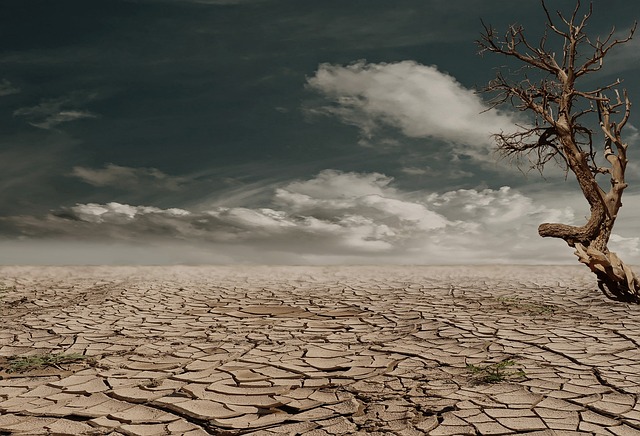The Environmental Benefits of No-Till Farming in Combating Desertification and Climate Change
In the face of escalating climate challenges and increasing rates of desertification, sustainable agricultural practices have never been more critical. Among these, no-till farming stands out as a powerful approach that not only nurtures the land but also offers a beacon of hope for mitigating the devastating effects of environmental degradation.
Preserving Soil Health and Combating Desertification
Desertification—the process by which fertile land transforms into desert—is a growing threat worldwide, exacerbated by unsustainable farming methods that disturb the soil structure. Traditional tilling practices break up soil, exposing it to erosion and moisture loss. In contrast, no-till farming refrains from disturbing the soil. By leaving crop residues intact on the surface, it protects the soil from wind and water erosion, maintaining its moisture and organic matter.
This protection is crucial for landscapes vulnerable to desertification. No-till keeps the soil ecosystem intact, encouraging the growth of beneficial microorganisms and earthworms, which in turn improve soil fertility and resilience. Over time, these efforts translate into more robust soil that can better withstand drought and extreme weather events.
Reducing Carbon Emissions and Enhancing Carbon Sequestration
Climate change is intrinsically linked to agricultural practices. Conventional farming often releases significant amounts of carbon dioxide into the atmosphere through soil disturbance and fossil fuel use. No-till farming reduces these emissions by minimizing the mechanical breakdown of soil, preserving organic carbon stored underground.
Moreover, no-till systems facilitate the buildup of organic matter in the soil, effectively turning farmland into a carbon sink. Through photosynthesis, plants pull carbon dioxide out of the atmosphere, and when crop residues are left on the surface, carbon is gradually incorporated into the soil rather than released back into the air.
A Holistic Approach to Environmental Stewardship
The commitment to no-till farming reflects a deeper understanding of our relationship with the earth. Rather than dominating the land through aggressive practices, no-till encourages working in harmony with natural processes. It respects the delicate balance between soil, water, and air—elements essential to sustaining life in increasingly fragile ecosystems.
Farmers who adopt no-till methods become guardians of their land, contributing to the fight against desertification and climate change. Their efforts not only preserve the productivity of their farms but also help safeguard the environment for future generations.
By embracing no-till farming, we take a vital step towards more resilient, sustainable agriculture—one that honors the earth’s limits while nurturing its capacity to heal and thrive.



